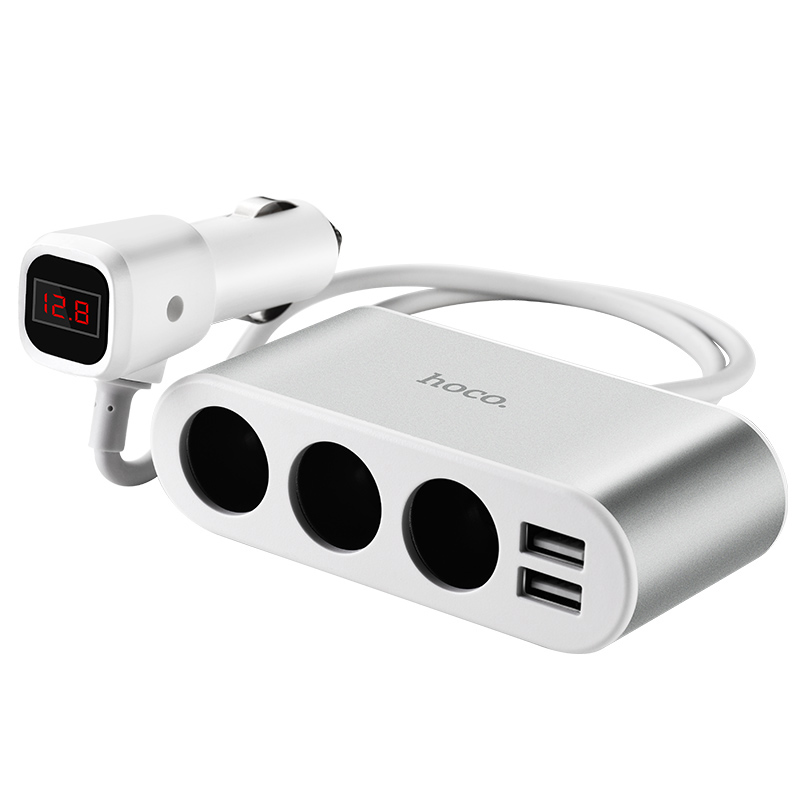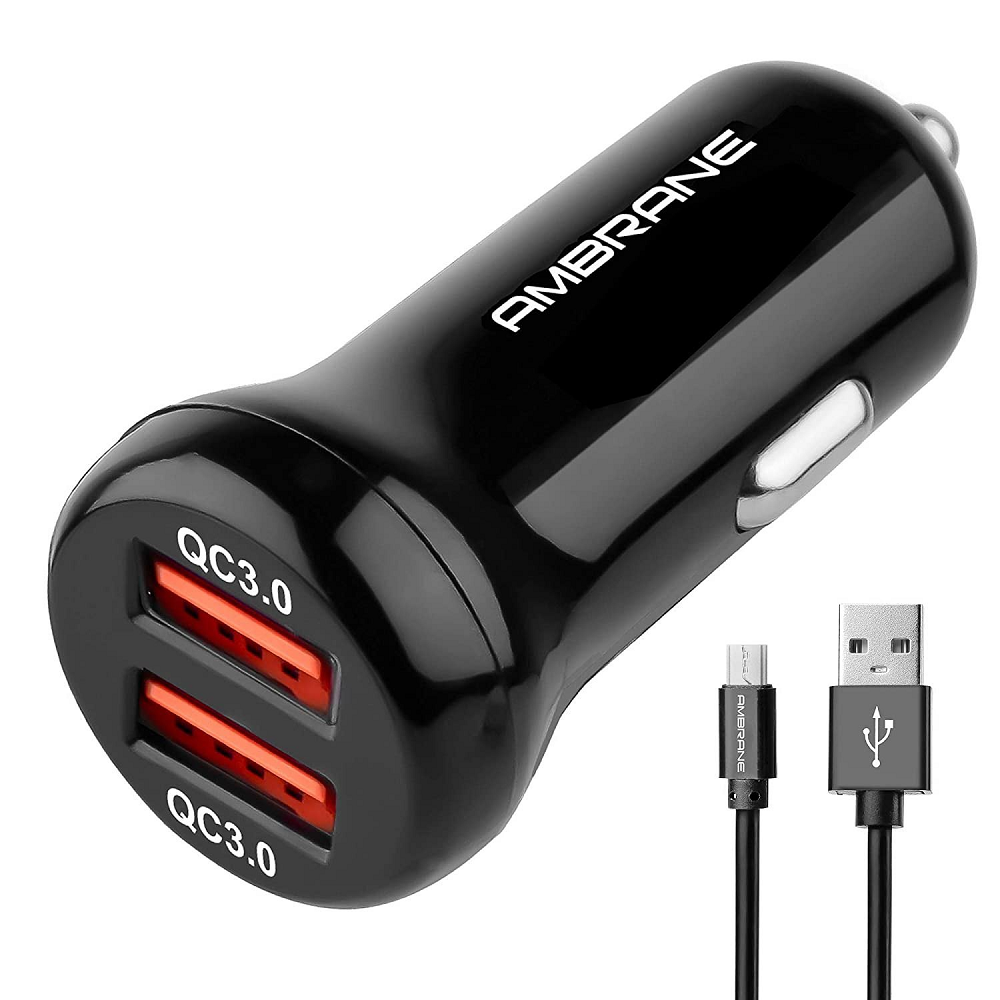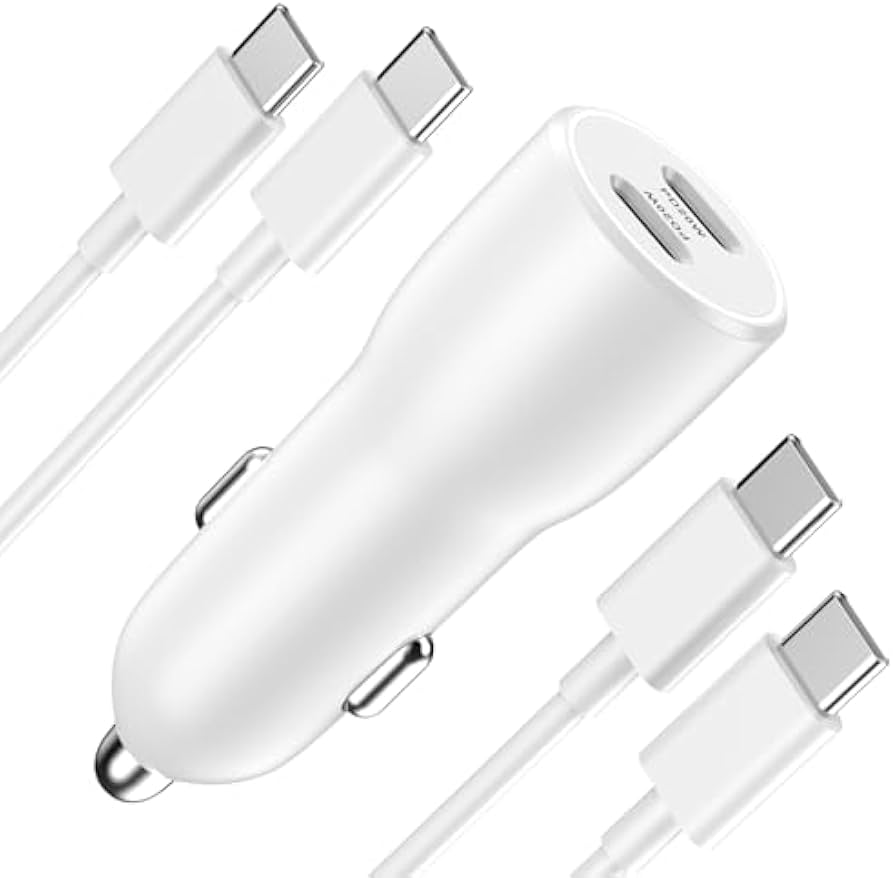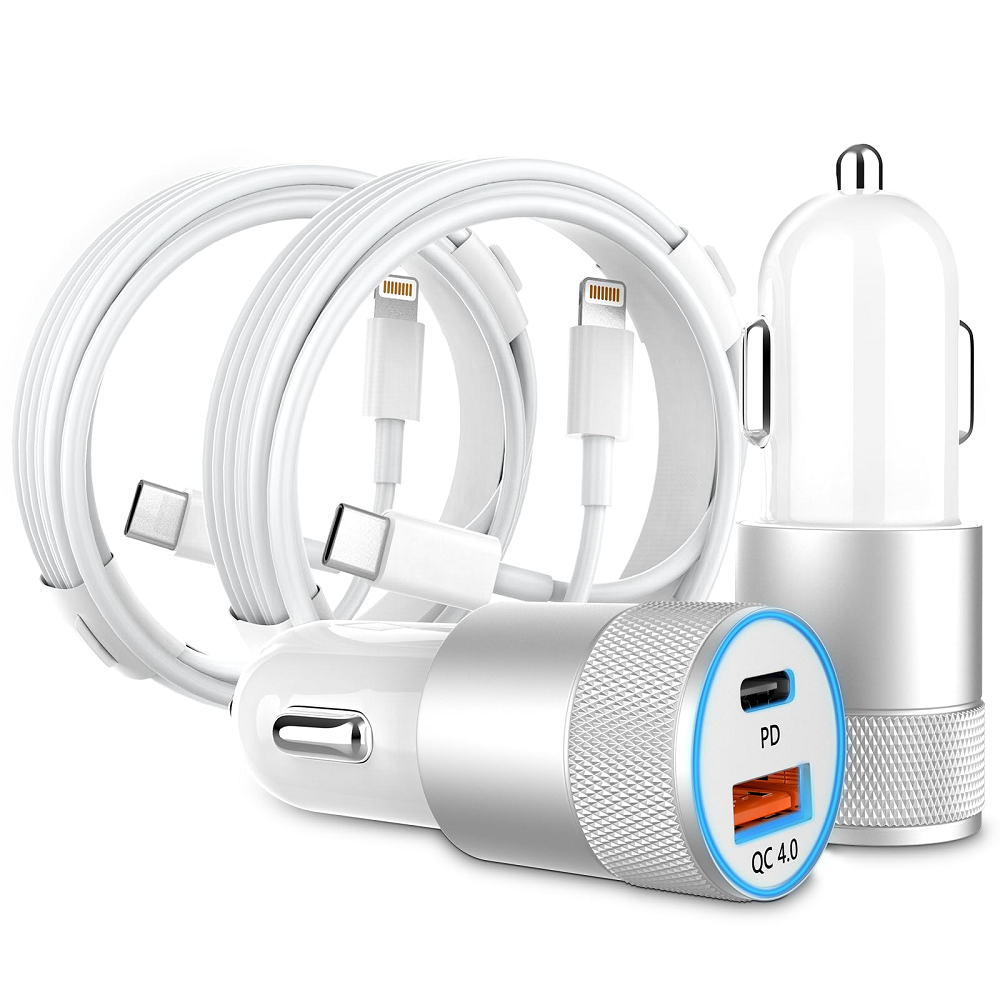In today’s fast-paced world, mobile technology has become an indispensable part of everyday life. As we rely on our devices more than ever, staying powered up while on the go has become a critical need. This is where car chargers come into play. They serve as a bridge between our vehicles and our electronic devices, ensuring that we can stay connected, entertained, and productive no matter where the road takes us. This article will explore the world of car chargers in great detail, from their types and features to tips for making the best choice for your needs.
What is a Car Charger?
Definition and Purpose
A car charger is a device that allows you to charge electronic devices like smartphones, tablets, and GPS units while you are driving. Unlike traditional chargers that plug into wall sockets, car chargers connect to the vehicle’s 12V power outlet, commonly known as the cigarette lighter. The primary purpose of a car charger is simple: to keep your devices powered while you are on the move.
One of the main advantages of using a car charger is convenience. You don’t have to worry about draining your device’s battery during long commutes or road trips. With a car charger, just plug your device in as you drive, and it will recharge. This makes them a must-have for anyone who spends a lot of time in their vehicle.
Types of Car Chargers
There are several types of car chargers available on the market. Each type is designed to support different needs and charging requirements, making it essential to understand the options available.
- USB Car Chargers: These are the most common type. They plug into the power outlet and provide multiple USB ports for charging multiple devices at once. Most modern USB car chargers will have at least one fast-charging port, which allows you to recharge devices more quickly.
- Wireless Car Chargers: These are the newest addition to the charging world. They allow for charging without the need for a cable. You simply place your device on the charging pad, and it begins charging. However, you must ensure your device supports wireless charging.
- High-Power Car Chargers: Designed for larger devices or multiple devices, these chargers can deliver more power. They are perfect for charging tablets or if you often have passengers who need to charge their devices.
- Car Charger with Built-In Battery: This type has the advantage of acting like a power bank as well. You can charge the built-in battery while driving, and then use it to power your device when you’re not in the car.
Understanding these types helps you choose the right charger based on your needs, whether you are charging a smartphone or a tablet, or if you need to charge multiple devices simultaneously.
Choosing the Right Car Charger
Important Features to Look For
When you’re in the market for a car charger, there are several features to consider. Evaluating them can help you find the most suitable option for your requirements.
- Power Output: The power output is crucial. It is usually measured in Amperes (A). For example, a charger with a 2.1A output will charge devices much faster than a 1A charger. Look for chargers with smart technology that can adjust their output according to the device’s needs.
- Number of Ports: If you frequently travel with others, having multiple ports can be beneficial. You may want a charger with at least two USB ports to ensure everyone can charge their devices simultaneously.
- Safety Features: Quality chargers often come with built-in safety features. Look for chargers with overcurrent protection, short-circuit protection, and temperature control to ensure the safety of your devices.
- Size and Portability: Some chargers are bulky, while others are compact. If space is a concern, opt for a slimmer design that won’t take up too much room in your car.
- Build Quality: A well-built charger may be more expensive, but it will last longer. Look for chargers made from high-quality materials that can withstand the wear and tear of daily use.
Keeping these features in mind can simplify your decision-making process. You will have a more rewarding charging experience if you choose wisely.
Compatibility Considerations
Compatibility is another critical aspect when selecting a car charger. Various devices require different charging standards. Most modern smartphones and tablets support USB Type-C, while older devices may still use Micro-USB. Ensure your car charger has the appropriate connector or includes multiple cables to accommodate various device types.
In addition to physical connectors, consider the charging standards. Some devices use Quick Charge or Power Delivery technologies for faster charging. If your device supports these technologies, find a charger that offers compatible fast charging.
Benefits of Using a Car Charger
The Advantages of Car Charging
The benefits of using a car charger extend beyond merely keeping your device charged. Understanding these advantages will help you appreciate how vital a car charger can be.
- Continuous Connectivity: One of the most significant benefits is the ability to stay connected. Whether you’re using navigation apps or streaming music, having a charged device ensures you can access information at any time. This is especially helpful during long trips or when you are in unfamiliar areas.
- Convenience: Many people juggle work, family, and social life. A car charger adds a level of convenience. You can charge your device while performing other tasks, such as commuting or running errands. This multitasking can help you get more done throughout your busy day.
- Safety During Travel: Having a charged phone while on the road is essential for safety. In case of emergencies or car troubles, being able to make a call could potentially save lives. A car charger ensures your device remains functional whenever necessary.
- Cost-Effectiveness: Investing in a good car charger can save you money in the long run. You’ll avoid the risk of having to buy a new phone frequently due to battery issues. By regularly charging your device, you extend its life and keep it in optimal condition.
- Environmentally Friendly: When you keep your devices charged, you reduce the need for multiple devices. This choice can lead to less electronic waste, contributing to a more sustainable environment.
The benefits clearly highlight why a car charger is a worthy investment for anyone who uses electronic devices regularly.
Tips for Maintaining a Car Charger
How to Care for Your Car Charger
Caring for your car charger will extend its lifespan and ensure it functions properly. Here are some helpful maintenance tips:
- Avoid Overheating: Excess heat can damage both your charger and devices. Ensure the charger is well-ventilated and avoid covering it with items like jackets or bags while charging.
- Keep Connections Clean: Dust and debris can obstruct connectivity. Periodically check and clean the charging port with a soft brush or cloth every few months to maintain good contact.
- Use Properly: Avoid pulling or yanking on charging cables. This can loosen or break connections. Instead, hold the plug firmly when inserting or removing it from the outlet.
- Limit Use for Deep Discharge: Wait until your device is only slightly discharged before charging it in the car. Continuously charging a fully drained battery can be harmful over time.
- Store Correctly: When not in use, store your car charger in a cool, dry place. Try to keep it away from direct sunlight or extreme temperatures, which can cause damage.
By following these maintenance tips, you can extend the life of your car charger and ensure it remains a reliable tool for your charging needs.
Troubleshooting Common Issues
Even the best car chargers can have their quirks. Understanding common issues can help you troubleshoot effectively.
- Device Not Charging: If your device is not charging, check the charger’s connection. Ensure that it is plugged securely into the outlet and that the cable is firmly in the device’s charging port.
- Charge is Slow: If your device is charging slowly, it may be due to an incompatibility with your device’s charging standard. Check if you are using a fast charger compatible with your device.
- Overheating: If you notice your charger getting excessively hot, unplug it immediately. Avoid using it until you can investigate further It may be a sign of malfunction.
- Plugged In but Not Working: If your charger was working but has suddenly stopped, try it in a different power outlet. If it still doesn’t work, the charger may be faulty and need replacement.
By knowing what to look for, you can quickly resolve many common issues related to car chargers.
Conclusion
In conclusion, car chargers are vital equipment for anyone who travels with electronic devices. They provide convenience, safety, and peace of mind while on the road. Whether you opt for a basic USB charger or a high-power model with multiple ports, there’s a charger that fits every need and lifestyle.
By understanding the types of chargers, essential features, and maintenance tips, you will make an informed decision when purchasing one. The significant benefits of continuous connectivity and convenience cannot be overlooked. So, if you don’t already own one, investing in a good car charger may just be one of the best decisions you’ll make for your electronic devices. Stay connected and powered up on every journey—your devices will thank you.



